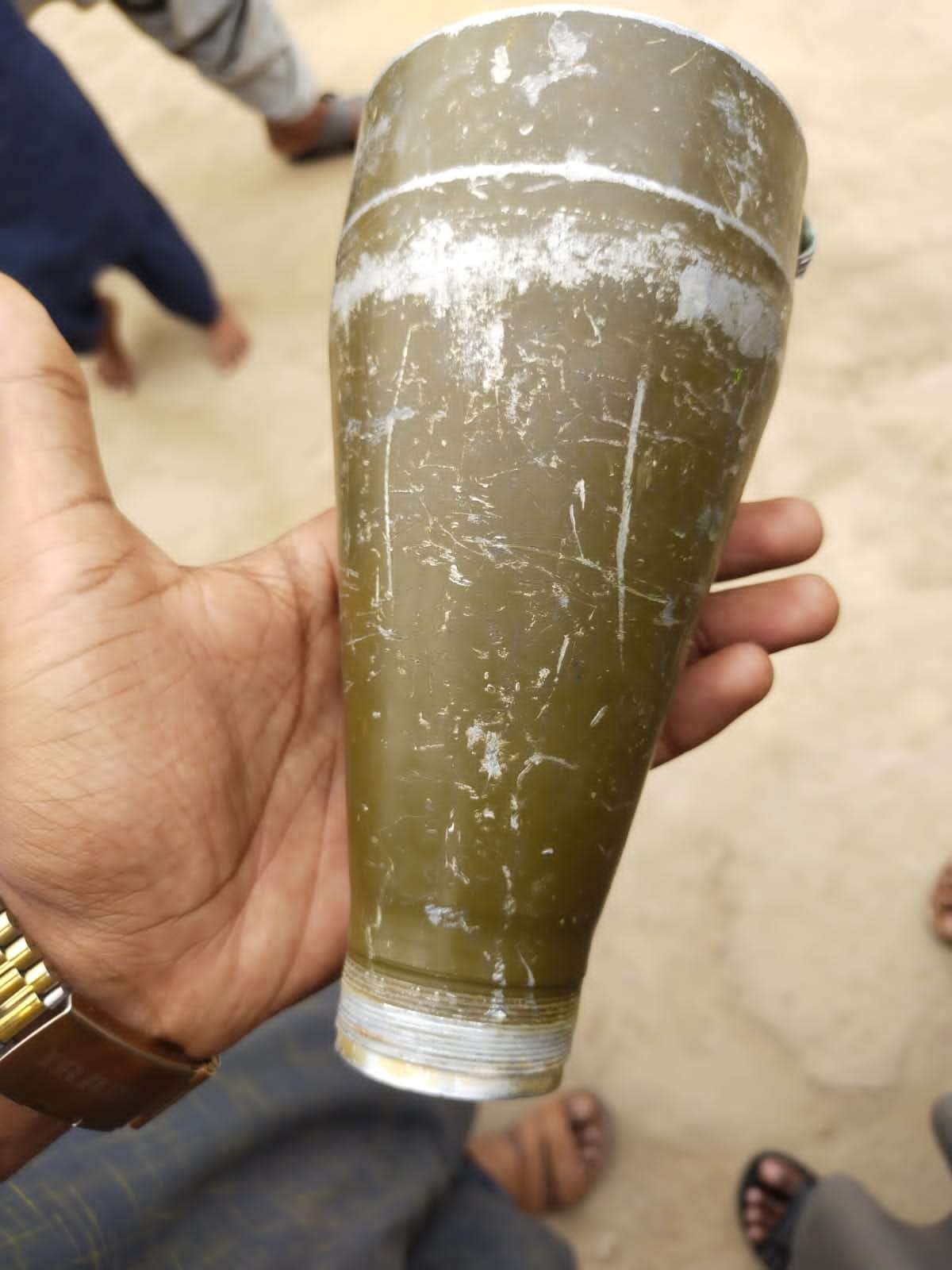Urgent Action Required for Wadh Crises
The escalated Wadh Crisis, in the region demands immediate attention to prevent further bloodshed and restore peace. Authorities, government, and international stakeholders must prioritize the security and protection of affected communities.
Addressing Root Causes of Conflict
The multilayered causes of the Balochistan-Wadh tribal clash, including historical grievances, political disputes, and economic disparities, require comprehensive solutions. Open dialogue platforms involving tribal factions, local leaders, civil society, and government officials are crucial for seeking lasting resolutions.
Initiating Constructive Negotiations
Instantaneous action is needed to address grievances, engage warring parties in constructive negotiations, and foster understanding and reconciliation. A comprehensive development plan, focusing on basic amenities and economic opportunities, can lift communities out of poverty and diminish feelings of marginalization.
Challenges in Balochistan’s Governance
The recent violence in Wadh highlights the challenges of governance and development in Balochistan. Inadequate infrastructure, a deficient education system, and limited healthcare access contribute to local grievances, making the region susceptible to radical influences.
Law Enforcement and Conflict Resolution
Law enforcement agencies must play a pivotal role in maintaining law and order through conflict resolution and community policing. Building trust between authorities and the local population is essential, along with efforts to disarm and demobilize armed groups perpetuating violence.
Regional Responsibility for Peace
The federal government, particularly the neighboring Sind provincial government, must recognize its responsibility to promote peace. Political engagement can facilitate a peaceful resolution and prevent the conflict from spilling over into neighboring territories, ensuring regional stability.
Humanitarian Assistance
During conflict, humanitarian assistance is paramount. Immediate efforts should be made to provide aid, including medical support and relief supplies, to affected communities. Collaboration with humanitarian organizations can ensure a coordinated and effective response.
Media Responsibility
Media plays a crucial role in shaping public opinion and influencing authorities. Responsible reporting and accurate representation of the situation in Wadh are essential to prevent misinformation and promote a nuanced understanding of the complexities involved.
Role of Civil Society
Civil society organizations can act as intermediaries in facilitating dialogue and peace-building initiatives. Their involvement is vital in advocating for the protection of human rights, promoting inclusivity, and fostering community resilience.
Long-Term Stability and Development
Beyond addressing the immediate crisis, there is a need for a comprehensive strategy focusing on long-term stability and development in Balochistan. Sustainable initiatives that prioritize education, healthcare, and economic opportunities can break the cycle of violence and poverty.
Conclusion
The situation in Wadh Khuzdar demands a collective and concerted effort from local, national, and international stakeholders. Immediate actions, combined with a strategic and inclusive approach, can pave the way for sustainable peace, stability, and development in the troubled region.
Journalists and media organizations also need to fulfill their responsibility to report the truth without sensationalizing the situation. Media should highlight the humanitarian aspects of the conflict, shed light on the suffering of innocent civilians caught in the crossfire, and advocate for a peaceful resolution. Let us unite in our call for peace and strive for a brighter, more harmonious future for Balochistan.


